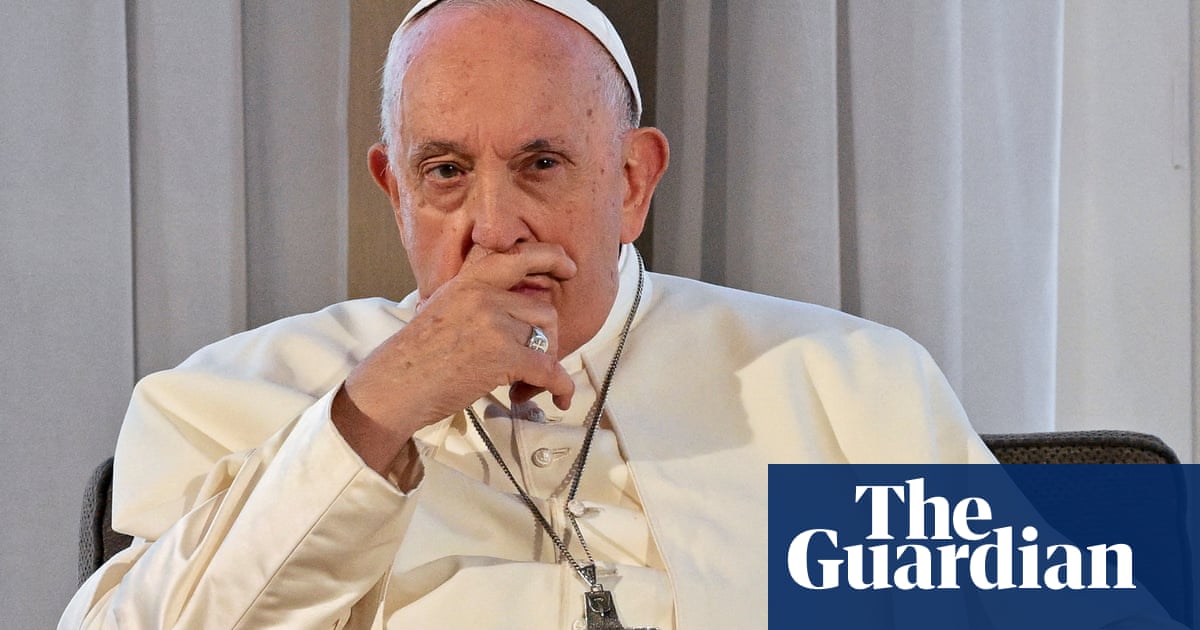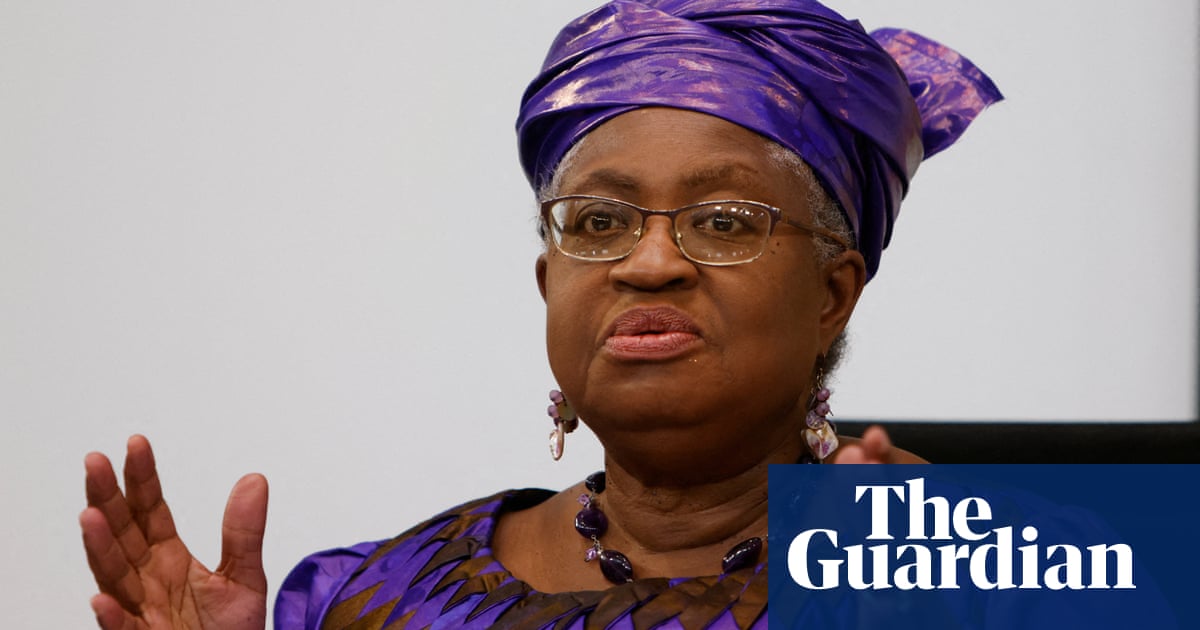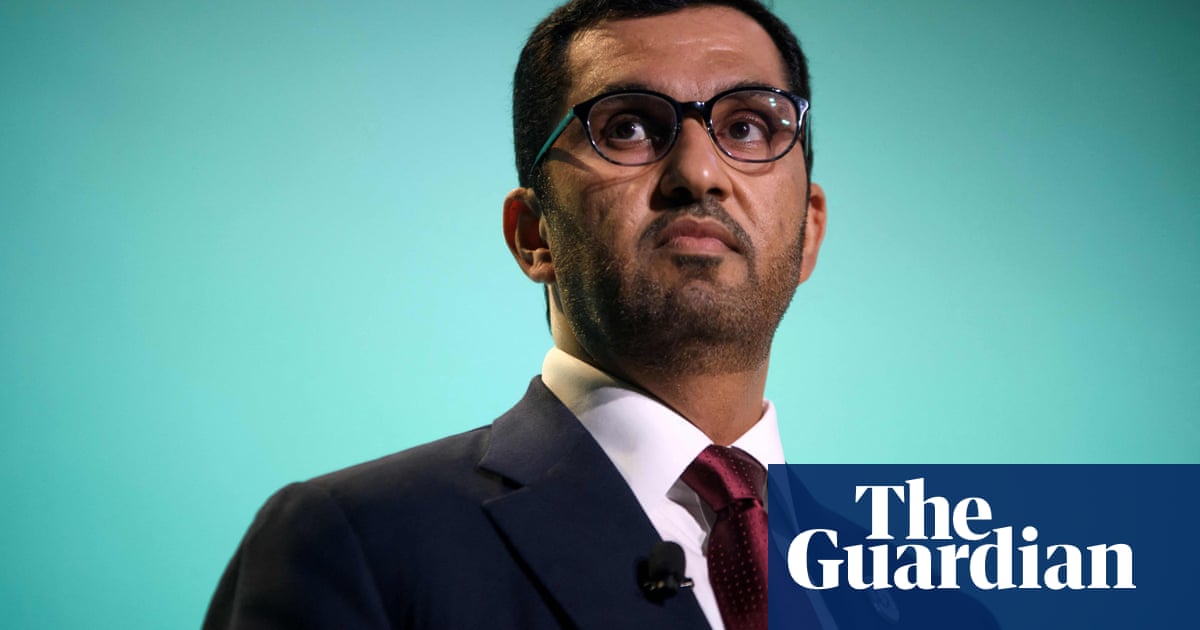
Pope Francis has said the rich world must make profound changes to tackle the climate crisis, while defending climate protesters and urging governments to make the forthcoming Cop28 climate summit a turning point.
He called for “a decisive acceleration of energy transition” from fossil fuels to renewables, but cautioned against relying on new technology such as carbon capture and storage, which he said was “like pushing a snowball down a hill”.
Without decisive action, the world would face “the point of no return”, he said. “Our responses have not been adequate, while the world in which we live is collapsing and may be nearing the breaking point.”
The pope’s comments came in a “papal exhortation” published by the Vatican on Wednesday morning, a call primarily to Catholics but intended for the world. Called Laudate Deum, which translates as Praise God, the 10-page document is his first big intervention on the climate crisis for eight years.
His previous encyclical, Laudato Si, was published in 2015, shortly before the landmark Cop21 climate summit at which the Paris agreement was signed. The pope has taken a keen interest in the climate, convening oil companies and activists, and warning of a “climate emergency”, though he missed the 2021 Cop26 summit in Glasgow, which he had been expected to attend.
He called for “a broad change in the irresponsible lifestyle connected with the western model”, but noted that he had faced opposition for his views. “[I have been] obliged to make these clarifications, which may appear obvious, because of certain dismissive and scarcely reasonable opinions that I encounter, even within the Catholic church.”
He defended “the actions of groups negatively portrayed as ‘radicalised’ … in reality, they are filling a space left empty by society as a whole, which ought to exercise a healthy ‘pressure’, since every family ought to realise that the future of their children is at stake.”
The pontiff expressed hope that the Cop28 summit, to be held in Dubai this November and December, would “move beyond the mentality of appearing to be concerned but not having the courage needed to produce substantial changes”.
He also pointed to the key role of the hosts of Cop28, noting that the United Arab Emirates was a big oil producer.
He said the country was “known as a great exporter of fossil fuels, although it has made significant investments in renewable energy sources. Meanwhile, gas and oil companies are planning new projects there, with the aim of further increasing their production.
“To say that there is nothing to hope for would be suicidal, for it would mean exposing all humanity, especially the poorest, to the worst impacts of climate change.
“We can keep hoping that Cop28 will allow for a decisive acceleration of energy transition. This conference can represent a change of direction, showing that everything done since 1992 was in fact serious and worth the effort, or else it will be a great disappointment and jeopardise whatever good has been achieved so far.”
He stopped short of calling for the phase-out of all fossil fuels, as some countries are doing, but called for an expansion of renewable energy. He praised technologies that could help to reduce emissions but cautioned against over-reliance on technical fixes.
“Some interventions and technological advances that make it possible to absorb or capture gas emissions have proved promising,” he wrote. “Nonetheless, we risk remaining trapped in the mindset of pasting and papering over cracks, while beneath the surface there is a continuing deterioration to which we continue to contribute.
“To suppose that all problems in the future will be able to be solved by new technical interventions is a form of homicidal pragmatism, like pushing a snowball downhill.”
Campaigners welcomed the pope’s intervention. Bill McKibben, the climate campaigner and co-founder of 350.org and Third Act, said: “The work of spiritual leaders around the world may be our best chance of getting hold of things. Yes, the engineers have done their job. Yes, the scientists have done their job. But it’s high time for the human heart to do its job. That’s what we need this leadership for.”
Christiana Figueres, the former UN climate chief who led the Paris agreement process, said: “I warmly welcome the Holy Father’s new exhortation. He reminds us to use the three human languages he has identified for us – head, heart and hands – to protect nature and to protect the most vulnerable of our societies.”
Justin Welby, the archbishop of Canterbury, said: “Laudate Deum comes at a moment of unique challenge for the whole of humanity. As in the Old Testament, God lays before us a choice and says: ‘Choose life.’ Laudate Deum chooses life.”
Christine Allen, director at the Catholic aid agency Cafod, said: “Instead of making hundreds of trips in private jets, politicians in wealthy countries must lead the way: facing up to our historic responsibility as a major polluter, and providing more financial and technical support for communities to respond to the effects of climate change.”
The pope chose to publish the exhortation on the feast day of St Francis of Assisi, whose name he chose for his papacy, which will have resonance for Catholics because St Francis was known for his care for the natural world and the simplicity of his lifestyle.
His exhortation concluded: “‘Praise God’ is the title of this letter. For when human beings claim to take God’s place, they become their own worst enemies.”












